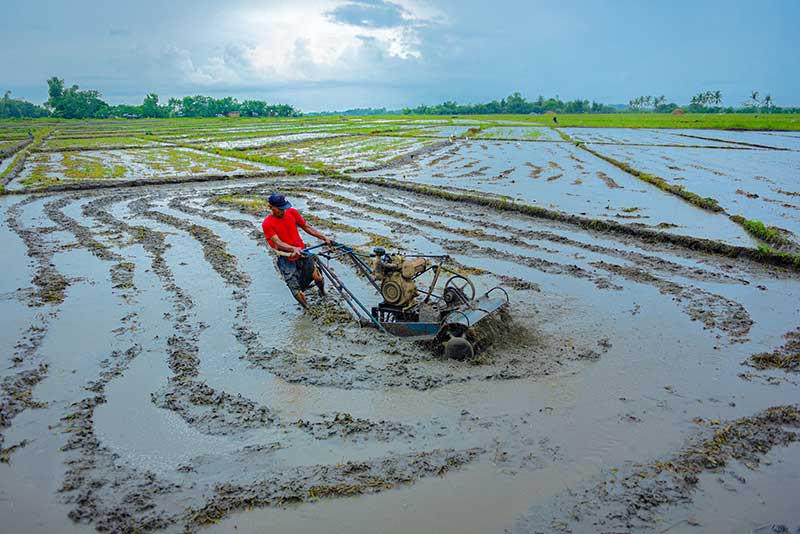 By Rjay Zuriaga Castor
By Rjay Zuriaga Castor
The Department of Agriculture Western Visayas (DA-6) urged farmers to stay vigilant for potential pest and disease outbreaks that could affect rice crops during the wet planting season.
“Provincial, city, and municipal agriculturists, along with local farmer technicians, are encouraged to conduct campaigns to educate farmers on effective management and prevention strategies for combating rice pests and diseases,” it said.
In its latest advisory, DA-6 noted that pests such as the Rice Black Bug, Brown Planthopper, and Rice Stemborer, along with diseases like Bacterial Leaf Blight and Rice Blast, could significantly reduce yields if not managed and controlled early.
The Philippine Atmospheric, Geophysical, and Astronomical Services Administration (PAGASA) announced the start of the rainy season late this May.
PAGASA also warned that there is a high chance of La Niña developing during the July-September period.
Earlier this March, DA-6 conducted the Regional Training for Integrated Pest Management technologies in Barotac Nuevo to boost the skills and capacity of agricultural extension workers (AEWs) in managing rice pests and diseases.
At least 26 AEWs from the provinces of Antique and Iloilo were trained in the proper identification and management of rice pests and diseases, as well as in addressing critical concerns within the rice agro-ecosystem.
In March last year, DA’s Philippine Rice Research Institute distributed 430,196 bags of certified inbred seeds to rice farmers in Western Visayas to sustain the increase in palay production and yield during the wet planting season.
The seed distribution benefited 223,156 master-listed rice farmers across 133 local government units in the region.
Funding for the distributed inbred seeds was sourced from the Rice Competitiveness Enhancement Fund (RCEF) Program of DA.
After being excluded from the RCEF Seed Program for two years, Iloilo province received the largest allocation, with 166,351 bags of certified inbred seeds.
Negros Occidental followed with 101,216 bags, Capiz with 63,391 bags, Antique with 55,735 bags, Aklan with 31,975 bags, and Guimaras with 11,528 bags.




















